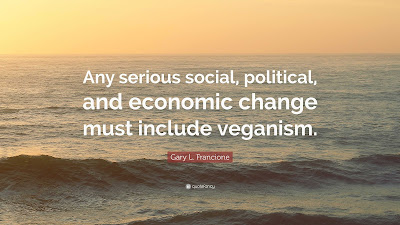So you know Glasgow? Well, do you!!
Glasgow, the name.
Glasgow can trace it history back to at least the 4th century, it was at that time a certain St. Ninian stopped by the Molendinar Burn, where the Cathedral is today, and consecrated a piece of land there as a Christian burial ground. Some hundred years or so later a St. Kentigern brought the body of a holy man Fergus to be buried at the St Ninian spot. St Kentigern stayed and set up a Christian community in the area. He later became known as St Mungo patron saint of Glasgow.
The name 'Glasgow' has gone through considerable changes over the centuries. The earliest Charters refer to the city as 'Glaschu', while the earliest seals give several different spellings. In the seal of 1180 the spelling is 'Glesgu', and the seal of 1325 it is 'Glagu'. In 1297 the Earl of Warrenne and Surry to the English King refers to 'Glasgeu' in another letter from the same Earl it becomes 'Glascu'. In a letter from Hugh de Cressingham in 1297 to the King of England it has the spelling 'Glasgu'. In the Charter of 1324 by Robert the 3rd it is written as 'Glasgw'. Another Charter of 1419 by John Stewart, Lord Darnley has it as 'Glaschow'. Yet again the spelling changes in the will of Archbishop Betoun where he refers to himself as Archeuesque de Glasco.
Origins of the name
It is generally accepted the name is not from Gaelic, as at the time of its formation this area was a Welsh settlement. It is probably from the Welsh 'Glas', and 'cu' or 'gu'; translates as 'Beloved Green Place' and is referring to the spot where Kentigern met Columba thus Kentigern becoming the Patron Saint of Glasgow.
Radical Glasgow.
Mention Glasgow and various stereotypes jump to mind, dreadful slums, hard drinking, random violence, razor gangs, shipbuilding, locomotive makers and other heavy industries. What else is written about the city usually refers to captains of industry, architects, inventors, and medical men of note. Scratch the surface however, and you find another Glasgow with a long tradition, the real Glasgow, 'Radical Glasgow'.
Glasgow can boast of a long tradition of radical movements growing from the ranks of ordinary people. People struggling not only to improve their own conditions but that of all working class people.
Glasgow can lay claim to a series of firsts. Besides being the birthplace of the 'European Temperance Movement', the following are just some other firsts that can be added to its roll of honour: Birth of the Scottish Labour Movement.
First effective trade unions formed.
First trade union papers printed.
Scottish Co-op movement first established.
Scottish Labour Party founded.
First Trades Council in Scotland.
History of Glasgow Green
The Glasgow Green has always been a focal point for the people of Glasgow and a cradle of social movements throughout its history. The following list is but a hint at the history of the Green: Through the 1700 and 1800s, the various reform movements.
Pre-1914, the woman’s suffrage movements.
1916, rent strikes.
1938 anti-fascist movements.
1971 U.C.S. crisis.
1984 miner’s strike.
Conclusion
Both the above lists could be expanded depending where you place your focus, and no doubt will continue to expand as the people of Glasgow go on to face new challenges.
I hope the following articles give at least some insight into that other Glasgow, the Glasgow that does not always find its story in the mainstream literature about the city, but is the true heart of the City of Glasgow, the city of compassion and vision.
This article was lifted from Strugglepedia at https://spiritofrevolt.info
Visit ann arky at
https://spiritofrevolt.info


















